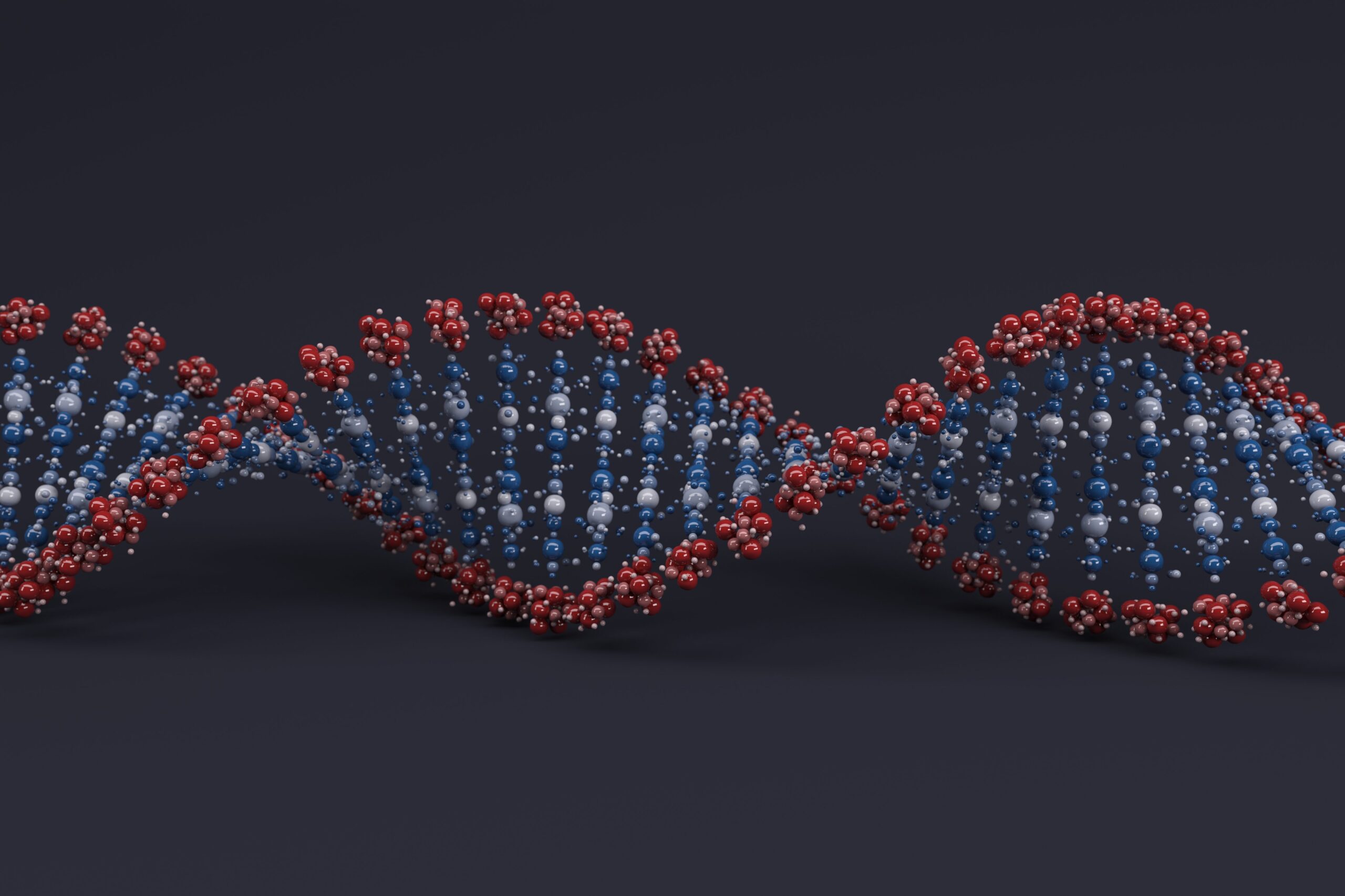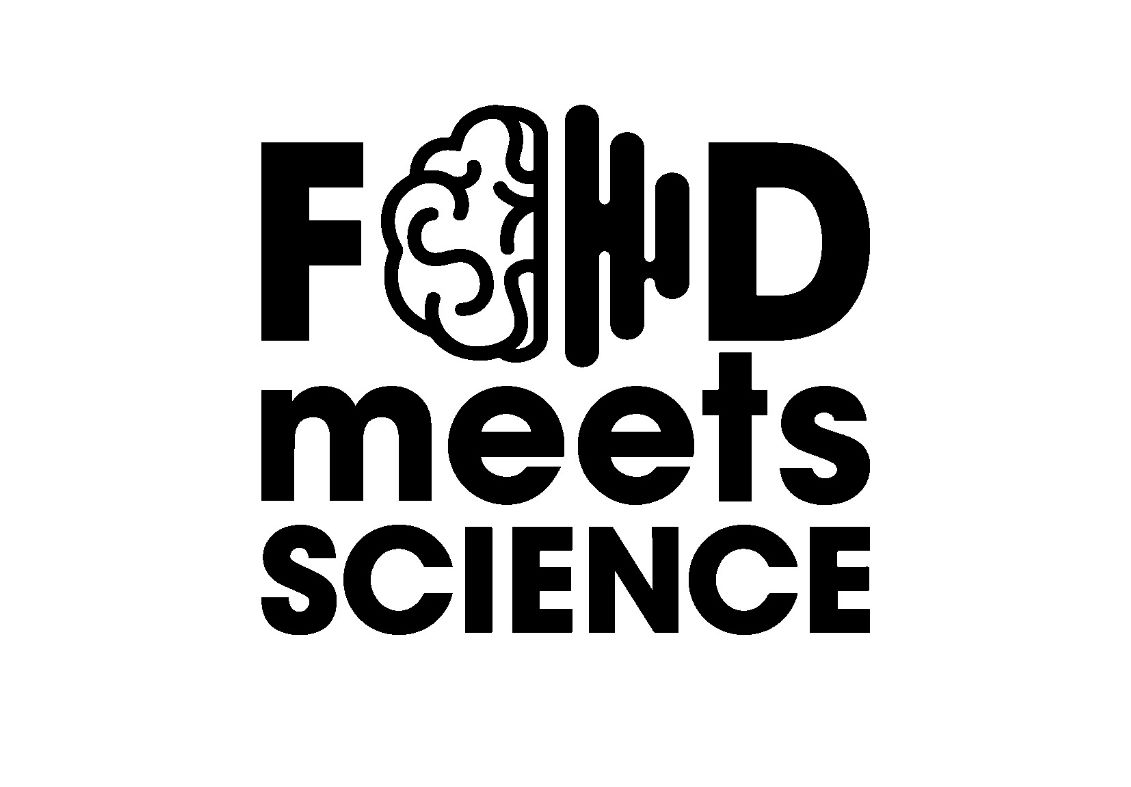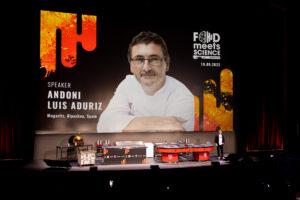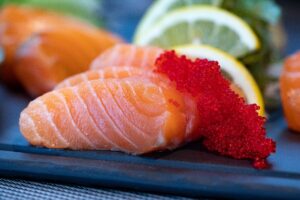
Genes and diet – what do they have in common?
It would seem they are in no way related, however, this is a false assumption. The Genotype diet is a DNA-based diet that can be very effective. This diet can help prevent and even treat many diseases. In pop culture, the diet is most famous for its slimming properties. Nutrigenetics and nutrigenomics are dynamically developing sciences. They may soon revolutionize our nutrition.

Everyone is different
Where to start? Preferably from the beginning and from everyday life. Why is part of the population so lucky and able to eat a lot and be very thin? Why do some people have to be on a low-calorie diet all the time? We know – life is unfair. Why is gluten harmful to some and milk to others? It all depends on our genotype. Each of us is different and all the secrets of our metabolism are stored in our genotype. British scientists even discovered the obesity gene. It has been determined that it is responsible for the storage of fat in cells.
Food is not a passive matter that is indifferent to our bodies. Nutrigenomics is a science that studies the relationship between food and the response of our genes to it. Scientists have stated that food can change the reactivity of our genes. An example of this is betaine. It is contained in beetroot. It is scientifically proven that this substance helps in the fight against cancer. The development of this field of science may also be important in the treatment of diseases such as hypertension, diabetes, atherosclerosis, and osteoporosis. These are diseases that depend on our diet.
Nutrigenetics deals with the genetic differences between people. Each of us reacts differently to the same dietary components. Knowing this allows us to avoid products that harm us.
A diet perfect for you
DNA tests allow you to define your personal nutritional profile and determine the most individual diet. This test should be performed only once in our life as our genotype does not change throughout it. These are tests performed based on the analysis of a venous blood sample. It is a genetic test that allows one to determine a unique nutritional profile and individual DNA diet. Thanks to DNA research, dietary recommendations can be more detailed and tailored to each of us. Some are better at dealing with fats and do not have to avoid them in the diet, but they metabolize carbohydrates poorly, others are exactly the opposite.
Based on DNA tests, the following cases can also be concluded:
- hypersensitivity to caffeine,
- the harmful effects of salt,
- lactose intolerance,
- gluten intolerance,
We often eat healthily and we don’t know what is causing us to feel unwell. Maybe it is one of the factors mentioned? We encourage you to find out what secrets your body hides.









Post a comment